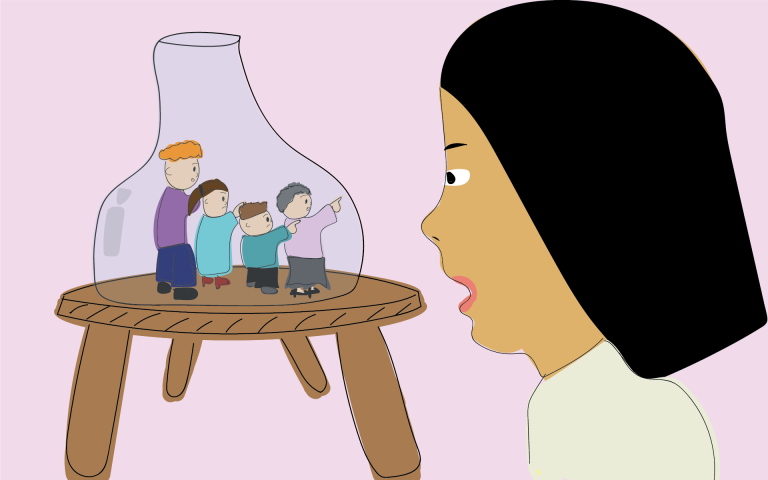


When I was nine, a girl in my class made a joke about my skin colour being the colour of excrement. As an Indian-Eurasian and a part of the minority in Singapore, I have experienced subtle racism — like that girl’s comment — through the things people say, how some strangers act and assumptions made about my family or myself.
Growing up, I learned to accept that I would receive jokes about my skin colour and frizzy hair. As a teenager working part-time, I felt excluded whenever my colleagues and managers spoke in Mandarin despite knowing that I was not fluent in the language. I chose to believe that they were not intentionally leaving me out, but I still felt like my presence was insignificant to them.
A friend who works in a recruitment firm once told me that I may not be as employable as my Chinese friends because it says “Indian” on my identification card. Some firms specify that they do not want to hire people of certain ethnicities, she said.
Indeed, racism has been talked about in Singapore’s national newspapers. A 2016 survey conducted by The Straits Times on racism in Singapore revealed that six in 10 Singaporeans have heard racist comments, with half of these comments heard at the workplace.
I used to think that my Chinese friends would find it difficult to understand the woes of belonging to a minority race, but that changed during my exchange programme in Munich.
I realised that the semester abroad was more than just a chance to experience a new country and culture. It was also a great opportunity for Singaporean students to experience what it is like being an outsider.
I befriended Singaporean Chinese students who faced situations akin to what I experienced back home. They found themselves in the position of having to defend their mother tongue and physical features.
They also felt they were at a disadvantage at school. My friend Kelly Choo, a third-year School of Humanities student, felt that because she was not local, her German teachers made assumptions about her, for instance, that she was technologically unsavvy.
“I felt I had to work a lot harder to prove myself, which I would have never felt in Singapore,” said Choo.
But another friend Nursyakir Taher, from the Wee Kim Wee School of Communication and Information, feels this way every day here.
“Sometimes people are shocked when I tell them I’m in university, or they congratulate me for being Malay and making it to a university,” the third-year Communication student tells me. “I hope by proving them wrong, they will keep an open mind next time and not judge people too quickly.”
Learning how it is like to be an outsider and understanding the feeling of being marginalised will hopefully lead to greater empathy for outsiders within our society. What is important is the ability to respect minority groups and use these experiences to better ourselves as a people. The first step is simply to be more conscious of racism in our own country, which is often so subtle that we fail to notice it.
Since 1989, the Ethnic Integration Policy also ensures there is no racial segregation in public housing.
But behind closed doors, these policies may not be as successful as they seem. According to the same racism survey by The Straits Times, a third of Chinese Singaporeans surveyed were not comfortable inviting Indians and Malays into their home for a meal. A third of respondents also stated they would be “uncomfortable” with Indians or Malays playing with their children or grandchildren.
On the surface, it seems that the minorities in Singapore are well-integrated into our society. But dig deeper and you will find that divisions along racial lines are actually quite apparent.
Once the tables have turned and we realise the struggles of being at the receiving end of racism, it becomes easier to empathise with the minorities in our country.
But simply going on exchange will not better the situation. Merely experiencing what it feels like to be an outsider is not enough. We need to use these experiences to reflect on our privileges back home and strive to, for a start, be mindful of our words and assumptions.
There is always something to learn from someone different, and we should make it a point to respect one another. Let us enjoy ourselves on exchange, and come back as better people.